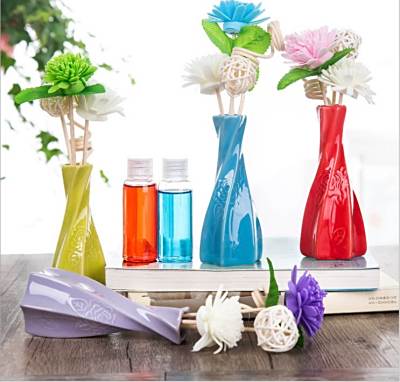Introduction to Aromatherapy: Understanding the Basic Concepts and Principles of Aromatherapy
In the busy and noisy modern life, aromatherapy is like a gentle breeze, gently brushing through the heart, bringing tranquility and relaxation. As an ancient and mysterious natural therapy, aromatherapy not only carries people's longing for a better life, but also contains profound cultural heritage and scientific principles. This article will take you to explore the secrets of aromatherapy, from basic concepts to working principles, laying a solid foundation for your aromatherapy journey.
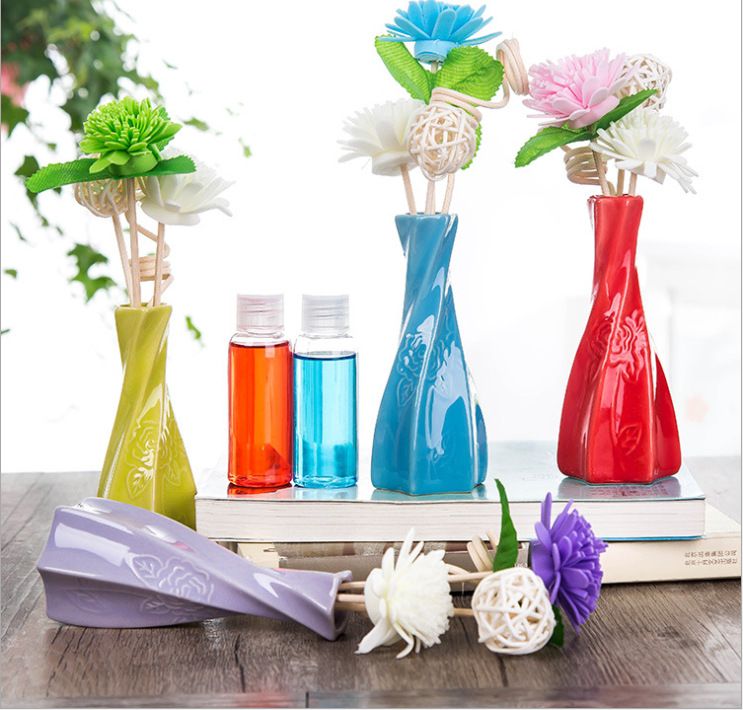
1、 Basic concepts of aromatherapy
In short, aromatherapy is a kind of therapy that uses plant essential oil or aroma containing substances to extract aromatic essence in specific ways (such as steam distillation, cold pressing, etc.), and then through breathing, skin contact or direct action on the environment to improve physical and mental health and create atmosphere. These aromatic molecules have unique chemical structures and pharmacological effects, which can affect the physiological and psychological states of the human body.
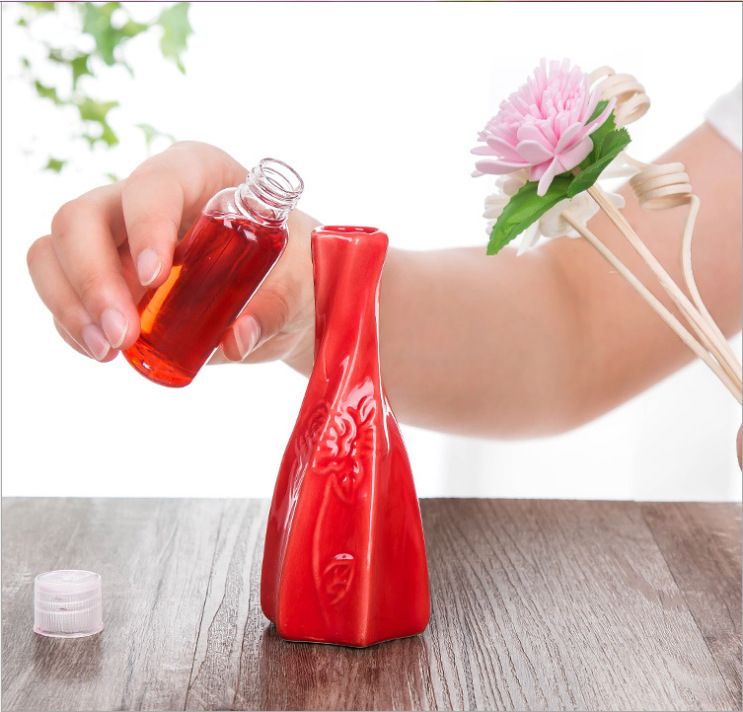
In the world of aromatherapy, every plant essential oil is like a messenger of nature, carrying different fragrances and energy. For example, lavender essential oil is known for its peaceful and soothing aroma, which helps alleviate anxiety and improve sleep; Citrus essential oils, such as sweet oranges, use their fresh and energetic aroma to boost morale and dispel fatigue.
2、 Exploration of the Principle of Aromatherapy
The effective effect of aromatherapy on the human body mainly depends on the following principles:
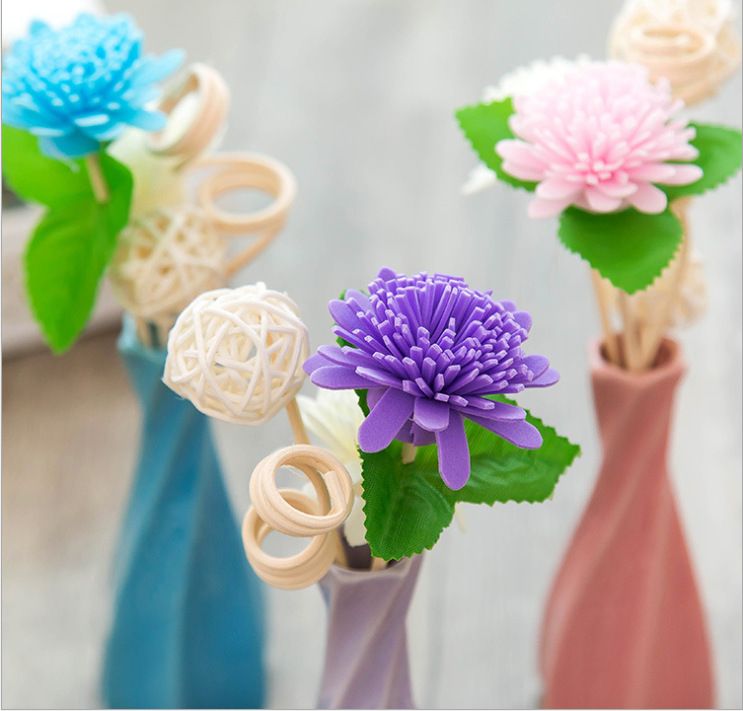
1. Olfactory transmission
Smell is one of the oldest senses in humans, closely connected to the emotional and memory centers of the brain. When aromatic molecules are inhaled into the nasal cavity, they quickly bind to olfactory receptors, triggering a series of neural signals that are ultimately transmitted to the brain. These signals not only enable us to perceive fragrance, but also trigger corresponding emotional responses and physiological effects.
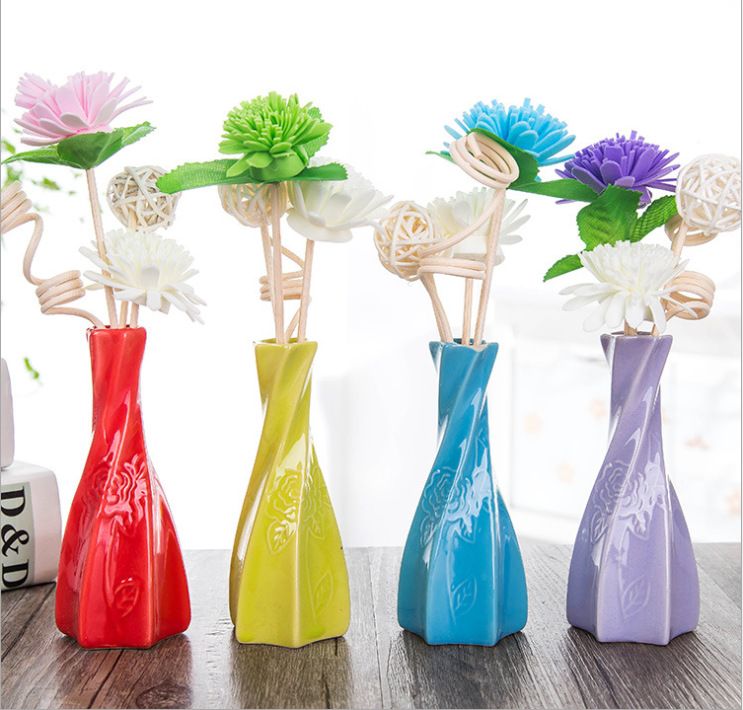
2. Skin absorption
In addition to being inhaled through breathing, aromatherapy essential oils can also be absorbed through the skin. When essential oils come into contact with the skin, their small molecular components can penetrate the surface of the skin and enter the circulatory system, thereby affecting the entire body. This pathway can not only directly act on local parts of the body, but also transport aroma molecules to the whole body through blood circulation, achieving the effect of overall regulation.
3. Psychological suggestion and emotional regulation
The charm of aromatherapy lies in its powerful psychological suggestion effect. Different fragrances can evoke different emotional memories and feelings in people, thereby regulating their psychological state. For example, using aromatherapy during meditation or yoga can help people enter a relaxed and calm state faster, enhancing the effectiveness of the practice.
4. Antibacterial, anti-inflammatory, and air purification
Many plant essential oils also have natural antibacterial, anti-inflammatory, and air purifying functions. They can effectively suppress harmful microorganisms in the air, improve indoor air quality, and create a healthier and fresher living environment for residents.
3、 Conclusion
Aromatherapy, an ancient and magical therapy, is gradually entering thousands of households with its unique charm and scientific principles. While enjoying the pleasure and relaxation brought by aromatherapy, we can also delve into the stories and principles behind it, making this gift from nature closer to our lives.
If you are interested in aromatherapy products, you may follow Wancheng Fragrance Crafts Co., Ltd. located in Yiwu City, Zhejiang Province (address: 5th Street, 2nd Floor, Gate 91, Zone 4, Yiwu International Trade City). They are committed to selecting high-quality aromatherapy products from all over the world for you, making every scent a witness to your beautiful life.





